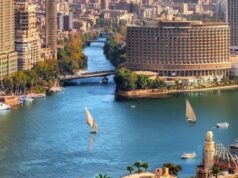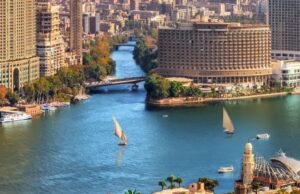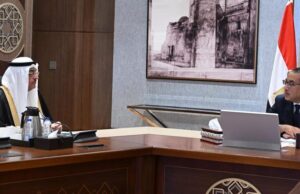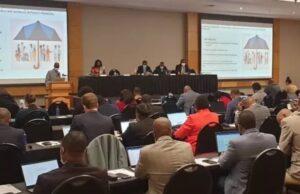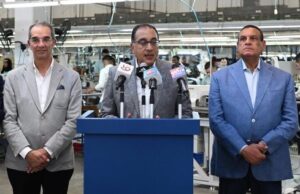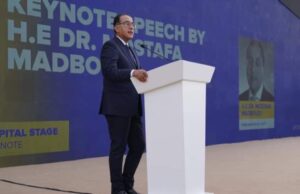
(3 Minutes Read)
Petrol prices have more than doubled and inflation has soared as a result, hitting close to 30% last month, the highest in nearly three decades, according to the National Bureau of Statistics. Protests have been ongoing for months with government labour unions responding with threats of walking out
Nigeria’s government and union workers took to the streets of Lagos recently as part of a new nationwide protest that threatened to shut down key services. People are angry about soaring inflation and growing economic pain.
Since assuming office last year, President Bola Tinubu has enacted a range of controversial policies including scrapping fuel subsidies and unifying the country’s multiple exchange rate, leading to a devaluation of the naira against the dollar. The government sources say that the beneficial impact of such measures will be felt in the medium and long term.
Petrol prices have more than doubled and inflation has soared as a result, hitting close to 30% last month, the highest in nearly three decades, according to the National Bureau of Statistics. Protests have been ongoing for months with government labour unions responding with threats of walking out.
In October, unions reached a deal with Tinubu’s government to end strikes in return for monthly stipends and subsidies to cushion the blow of his policies. However, they continued a month later with a major strike in November, to protest the beating of a union leader, which brought the country to a virtual standstill.
Read Also:
Unions say the government has failed to deliver on promises that included a monthly wage increase of approximately USD 20 for all workers for six months, and payments of approximately USD 15 for three months to millions of vulnerable households. A pledge to roll out gas-powered buses for mass transit last year also failed to materialize. The demonstration included two major government unions, the Nigeria Labour Congress (NLC) and the Trade Union Congress (TUC).




